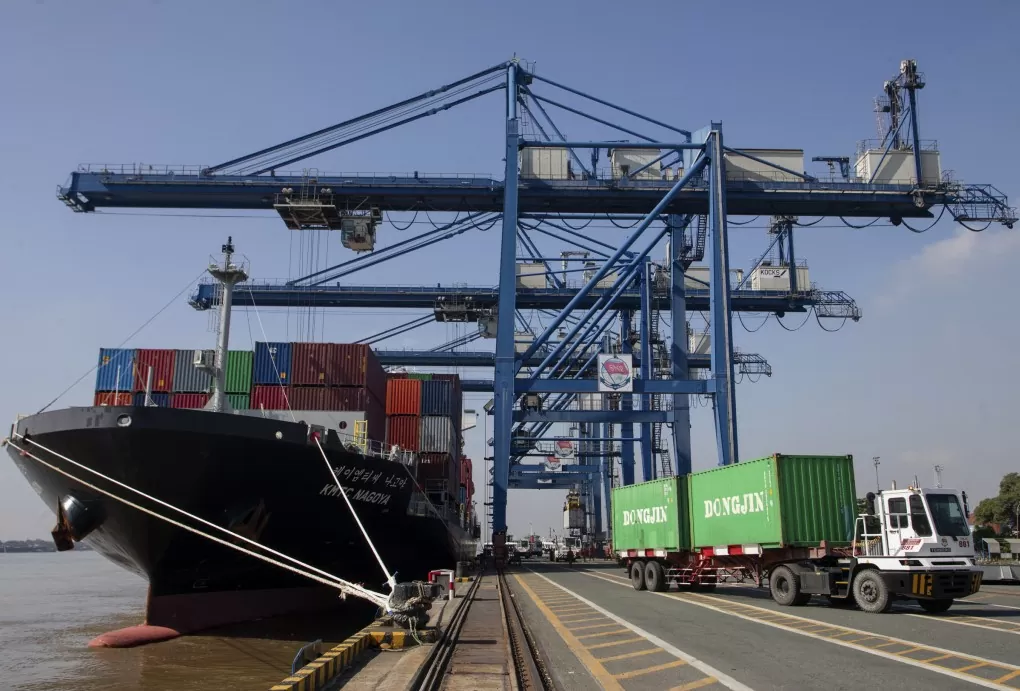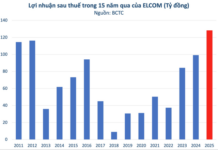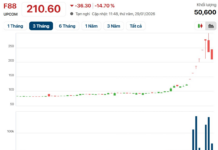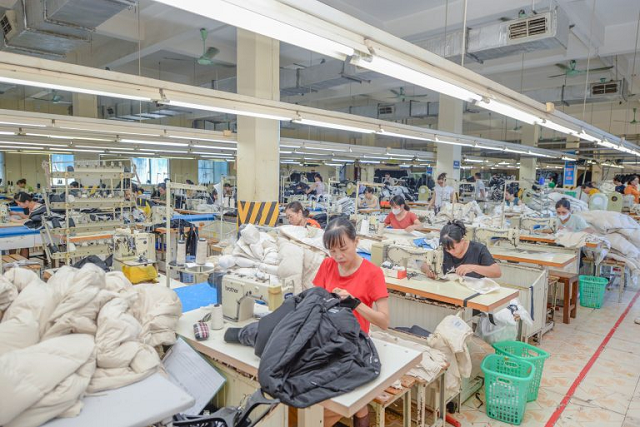“Blooming” International Trade Scams: A Warning for Businesses
The Vietnam Trade Office in Pakistan has issued a warning to businesses about the prevalence of scams in this market. A Vietnamese company was recently defrauded of $71,900 in a deal with a foreign partner. The scammer opened an account at a bank using the name of a reputable local import business, signed a contract with the Vietnamese company, and then withdrew the entire advance payment along with the payment for the goods.

As trade activities flourish, so do the risks (Photo: Vietnam Pepper Association)
Vietnam’s foreign trade, particularly in import and export, has borne sweet fruits over the years. In 2022, the country’s import and export turnover officially reached $730.28 billion, propelling Vietnam into the top 20 economies with the largest trade volumes. This momentum continued into the first seven months of 2024, with a strong growth of 17.2% year-on-year, totaling $440.45 billion.
However, amidst these achievements, stories of businesses being scammed in international trade remain all too common. In 2023, for instance, five shipments of agricultural products and spices exported to Dubai, UAE, were suspected of being scammed.
According to the Vietnam Pepper Association, Vietnamese businesses signed contracts with buyers in Dubai for purchases through the D/P collection method. Vietnamese banks used DHL to send the original set of documents to Ajman Bank, and the bank’s employees confirmed successful receipt. However, for unknown reasons, the original documents were no longer at the bank, prompting Vietnamese banks to repeatedly request payment from Ajman Bank.
Sensing delay tactics from both the bank and the buyer, the exporting companies checked the shipping company’s system and discovered that all four containers had disappeared from the port. After nearly three months of coordination and cooperation between the involved parties, from October 10 to 12, Ajman Bank (UAE) refunded the companies a total of $354,990.42 for four shipments, out of a total of $355,232. Unfortunately, one shipment could not be recovered.
In another incident in 2022, Vietnamese cashew exporters received offers from brokers to export a large quantity of cashew nuts to Turkey and Italy. The sellers, mostly Vietnamese businesses, primarily communicated through brokers and had little to no information about the buyers in these foreign markets. The agreed-upon payment method was the collection method.
After delivering the goods to the shipping company, the sellers prepared the necessary documents as agreed and provided them to the banks for the collection process. When the selling bank transferred the original documents to the buying bank to request payment, it was discovered that the documents had been tampered with, and the buying bank had received only copies.
Upon realizing this, the sellers attempted to contact the brokers and buyers through agreed-upon channels but received no response. The Vietnam Cashew Association and the Vietnamese Embassy in Italy then intervened and determined that this was a case of fraud targeting Vietnamese businesses.
Fortunately, thanks to the attention of state leaders and the support of the involved banks, the shipping companies returned the goods to the Vietnamese sellers after a rushed process.
However, not all cases have such a positive outcome. For instance, the aforementioned scam involving a Pakistani company resulted in a significant financial loss for the Vietnamese business.
With Vietnam’s deep integration into the global economy, the opportunities for export growth are immense, especially with the favorable tax incentives currently in place. However, as international trade expands, so do the associated risks, including scams and payment fraud.
In a conversation with the Vietnam Industry and Trade Newspaper, Dr. Le Quoc Phuong, former Deputy Director of the Center for Industry and Trade Information under the Ministry of Industry and Trade, shared that international scams are not uncommon and have spread to various markets, including traditional and large markets like the EU. The incident involving 100 containers of cashews scammed in Italy in 2022 serves as a stark example.
These scams often stem from businesses’ lack of due diligence or excessive trust in their partners. Foreign scammers can be quite sophisticated in their tactics, making it easy for companies to fall victim, especially amid the current export challenges and scarcity of orders. Additionally, many businesses lack close relationships with Vietnamese trade representative agencies abroad, which could provide valuable information about potential partners.
“In today’s rapidly evolving technological landscape, with artificial intelligence making remarkable strides, businesses are increasingly vulnerable to risks, not only abroad but also domestically, and not just in trade but in daily life as well,” shared Dr. Phuong.
Mitigating the Risks
In the context of deep integration, completely eliminating the risks associated with international trade is impossible. Therefore, according to Dr. Phuong, businesses can only minimize these risks by heightening their vigilance and taking proactive protective measures.
Additionally, it is crucial to forge close relationships with Vietnamese trade representative agencies abroad to obtain reliable information about potential partners, especially in distant markets with which businesses have limited interaction. Given the current challenges in exporting goods, extra caution is warranted when receiving new orders. Businesses should also opt for bank transfers as the payment method, as this remains the least risky option for now.
On the other hand, the state should introduce more supportive mechanisms for Vietnamese trade representative agencies overseas to enhance their capabilities and enable them to better assist local businesses.
As Vietnam rises to become one of the leading countries in international trade, the risks in this domain also proliferate. In the event of international trade scams, it is not just the responsibility of trade representative agencies or the Ministry of Industry and Trade to lend a helping hand. A collaborative effort involving other ministries, such as the Ministry of Public Security and the Ministry of Foreign Affairs, is necessary to support businesses in overcoming these challenges and maintaining the impressive foreign trade achievements of recent years.
Moreover, businesses should embrace the practice of seeking specialized consulting and legal services as a standard component of their operations rather than solely relying on them during disputes. These professional services can assist in partner identification, contract review, and avoiding unfavorable clauses, thereby safeguarding businesses from potential pitfalls.
















